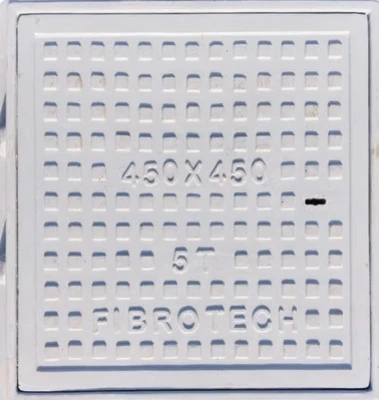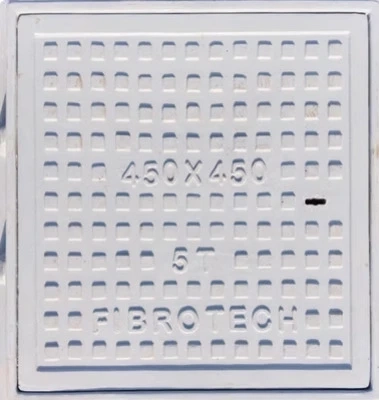Manhole covers are essential for maintaining public safety and protecting underground utilities. With advancements in material science, the traditional cast iron manhole covers now face competition from modern composite materials. Both options offer distinct advantages and are suitable for different applications. Understanding their differences is crucial for selecting the best cover for your needs.

Understanding Cast Iron Manhole Covers
Cast iron manhole covers have been the industry standard for decades due to their durability and strength. Their robust structure makes them suitable for heavy traffic areas and industrial settings.
Advantages of Cast Iron Manhole Covers:
- Durability: Withstands heavy loads and harsh weather conditions.
- Longevity: Can last several decades with proper maintenance.
- Load-Bearing Capacity: Ideal for high-traffic areas such as roads and airports.
Limitations of Cast Iron Manhole Covers:
- Weight: Extremely heavy, making installation and maintenance challenging.
- Corrosion: Prone to rusting over time, requiring regular upkeep.
- Theft Risk: High scrap value increases the risk of theft.
Exploring Composite Manhole Covers
Composite manhole covers are made from materials like fiberglass and resin, providing a lightweight and corrosion-resistant alternative to traditional covers. They are becoming increasingly popular in various industries.
Advantages of Composite Manhole Covers:
- Lightweight: Easier to transport and install, reducing labor costs.
- Corrosion-Resistant: Does not rust, making it ideal for corrosive environments.
- Non-Conductive: Safe for electrical and telecommunications applications.
- Customizable: Available in different designs, colors, and load-bearing capacities.
Which One Should You Choose?
The choice between cast iron and composite manhole covers depends on the application requirements. For heavy-duty areas like highways, cast iron covers remain the best choice. However, for environments requiring corrosion resistance, ease of handling, and safety, composite covers are an excellent alternative.
When to Choose Cast Iron:
- High traffic areas with heavy load requirements
- Locations with a low risk of theft
When to Choose Composite:
- Areas with exposure to corrosive materials
- Lightweight applications where easy handling is necessary
- Locations requiring safety from electrical conductivity
Future of Manhole Covers
As technology advances, composite materials are likely to become more prevalent due to their adaptability and safety features. However, cast iron will continue to play a role where its strength is required. Manufacturers like Fibrotech offer advanced composite manhole covers that meet modern needs without compromising quality or performance.
Conclusion
Both cast iron and composite manhole covers have their unique strengths and applications. Understanding their characteristics can help you make an informed decision based on your project requirements. Whether you prioritize durability or ease of handling, Fibrotech provides high-quality solutions tailored to meet diverse industry needs.
Explore Fibrotech's range of composite manhole covers and discover how they can enhance safety and efficiency in your infrastructure projects.


